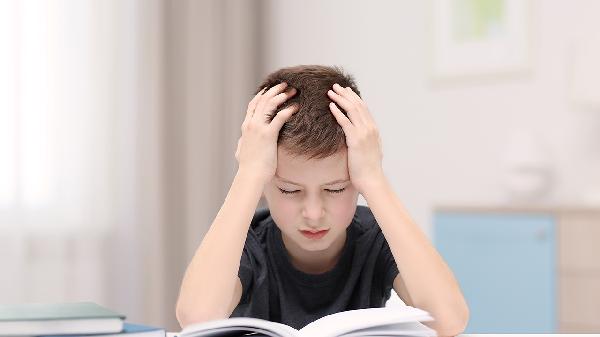Mindful Parenting: Why 'Emotional Deprivation' Hurts More Than Not Having Kids at All
Let’s cut to the chase—having kids isn’t the only way to live a fulfilling life. But if you do become a parent, half-hearted emotional investment can do more damage than choosing not to have children at all. Kids don’t just need food, shelter, and the occasional pat on the head—they need deep, meaningful emotional connections. Without that, you’re setting them up for a lifetime of playing catch-up in the emotional intelligence department.

The Silent Scars of Emotional Absence
Kids are like sponges—they soak up everything, including what’s not given to them. Emotional deprivation isn’t about neglect in the traditional sense (though that’s bad too). It’s about being physically present but emotionally checked out. Think of the parent who’s always on their phone, dismissive of their child’s feelings, or just going through the motions without real engagement. That kind of parenting leaves kids feeling unseen, unheard, and questioning their own worth.
Research backs this up—children raised in emotionally distant environments often struggle with self-esteem, relationships, and even physical health later in life. It’s not just about "missing out" on love; it’s about internalizing the message that they don’t deserve it.
Why Mindful Parenting Matters More Than Ever
We live in a world of distractions—endless notifications, work stress, and the pressure to keep up with the Joneses. But mindful parenting isn’t about perfection; it’s about presence. It means putting down the phone, making eye contact, and actually listening when your kid tells you about their day—even if it’s the 10th time they’ve described their Minecraft world in excruciating detail.
Mindful parenting also means acknowledging your own emotional baggage. If you grew up with emotionally distant parents, breaking that cycle takes work. Therapy, self-reflection, and even parenting classes can help you reparent yourself so you don’t pass on the same wounds.
The Middle Ground: Quality Over Quantity
You don’t have to be a Pinterest-perfect parent to avoid emotional deprivation. It’s not about grand gestures or nonstop attention—it’s about consistency and authenticity. A 10-minute conversation where you’re fully engaged beats hours of distracted coexistence. Small moments—like a hug after a tough day or laughing together over a silly joke—build emotional security over time.
And if you’re realizing you’ve been emotionally absent? It’s never too late to course-correct. Kids are resilient, and genuine effort to connect can repair a lot of damage.
The Bottom Line
Choosing not to have kids is a valid life path—one that spares a child from ever feeling emotionally neglected. But if you are a parent, stepping up emotionally isn’t optional. The stakes are too high. Your kid’s future relationships, mental health, and even their ability to parent one day depend on the emotional foundation you build now. So put in the work—because love isn’t just about being there. It’s about showing up, fully and fiercely.























